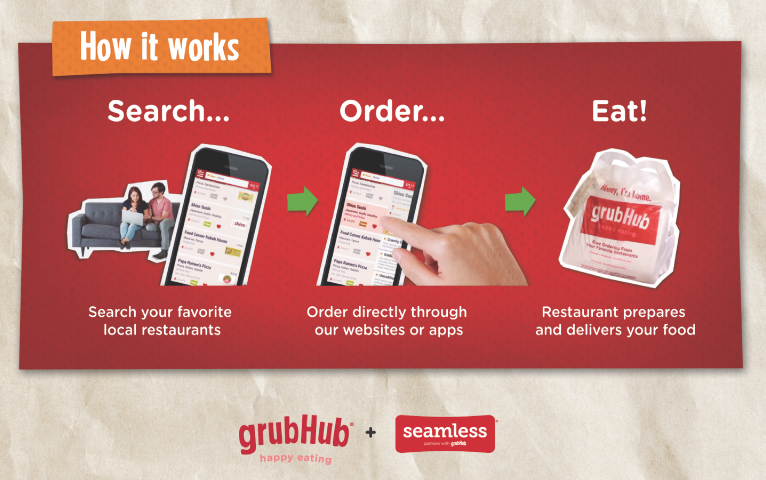
The conflict is just the latest example of the tax uncertainty that emerges when a tech business model is laid over a mature industry, often triggering audits, litigation and eventually legislation. Chief Executive Officer Matt Maloney, for example, has contended for years that his company has collected taxes on delivery fees in response to audits in multiple jurisdictions, while some competitors haven’t. “They are obviously one of the businesses thriving during this pandemic and that will make them a target in most jurisdictions over the next three or four years.”Ī key question confronting revenue agencies is whether the e-commerce companies properly collect tax on marketing, delivery and processing fees, which total roughly 30% of each food order. “The larger food delivery services are going to get audited-if they haven’t been already-in pretty much every jurisdiction because they’re big enough,” said Michael Feiszli, a managing director in the state and local tax practice of BDO LLP. The investment bank UBS estimates the global online food ordering industry could grow more than tenfold over the next 12 years to $365 billion by 2030 from $35 billion in 2018. Monthly sales volume for meal delivery services nearly doubled in April on a year-over-year basis, the data research firm Second Measure reported. The tax issues could be consequential in cash-starved states as the industry surges. “The tax agencies are in the early stages of issuing guidance and the delivery services are in the early stages of arguing their respective positions,” said Verenda Smith, deputy director of the Federation of Tax Administrators. The action comes as New York City and other municipalities pass ordinances capping the commissions and fees charged by food delivery companies.

Now, one lawmaker in New York is demanding that the state’s Department of Taxation and Finance audit the companies. Internet- and app-based platforms such as DoorDash, Grubhub, Postmates, Seamless and Uber Eats were already on tax administrators’ radar, but the pandemic has heightened such concerns.

The boom in services delivering pizza, chicken wings and Kung Pao beef to millions sheltering at home during the Covid-19 pandemic is prompting a closer look into whether they’re properly collecting and remitting state and local taxes.


 0 kommentar(er)
0 kommentar(er)
